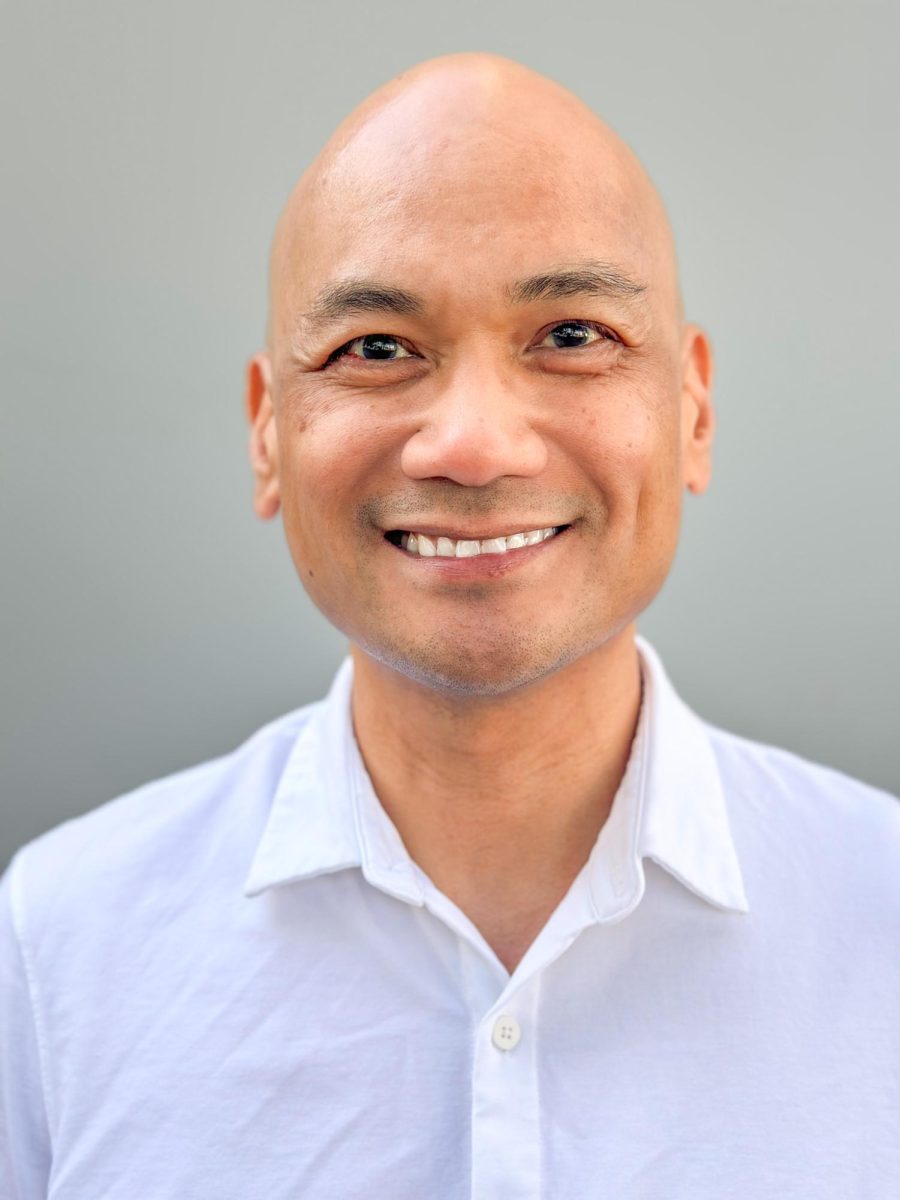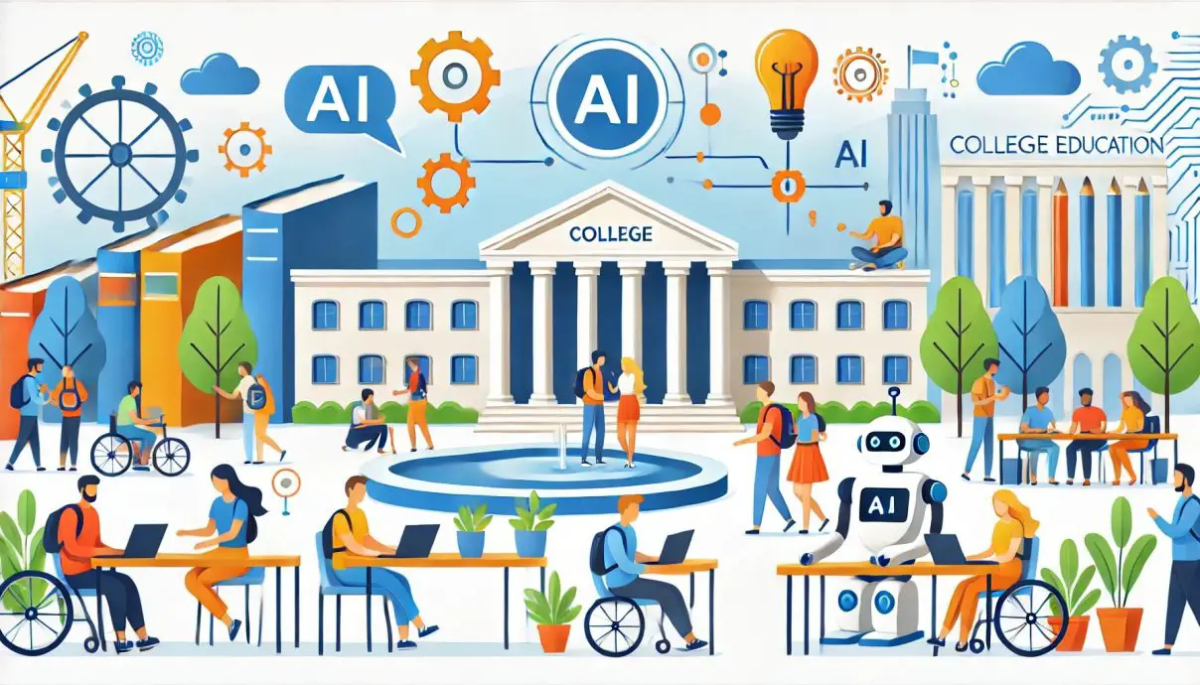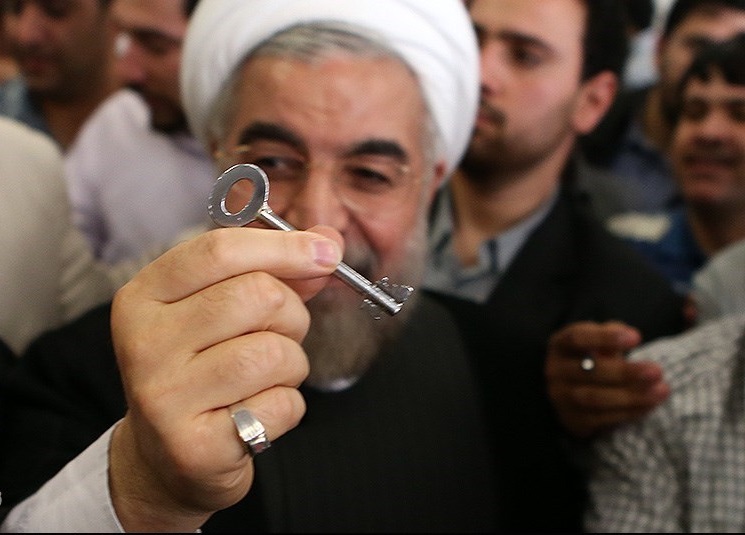Aya-Told Me Not to Run: How Some Moderates Hold the Keys To Power in Iran
May 18, 2017
The inaugural honeymoon for President Ahmadinejad was short-lived. When the results announced a landslide victory for the newly minted president, his defeated reformist opponent took to social media with accusations of electoral fraud and claimed himself as the true winner. Western intelligence agencies publicly mulled the possibility that vote counts had been tampered with, pointing to some conservative provinces which reported turnout exceeding 100%. The largely peaceful protests lasted for 7 months and seemed to rocked the regime to its core. This so-called Green Movement came close to unseating the president and was only quieted through police repression. Although the regime eventually managed to crush the revolts, its popular legitimacy was shaken. This experience led the islamists within Iran to refrain from meddling in the 2013 election which ultimately resulted in the surprise election of moderate Hassan Rouhani who currently sits in office.
This year’s election pits President Hassan Rouhani against a cluttered field of conservative opponents. If he is able to win with a majority in the first round, he can avoid a run-off where he may face a tight race with the front runner conservative. With the Rouhani administration’s survival very much in doubt, it might be useful to dispel some myths about Iranian elections.
Myth #1: Elections are Pre-Determined
To many Americans, Iran looks like just another pseudo-democracy in which the only role of elections is to provide a veneer of legitimacy to the existing government. Indeed, comparisons to the Nazi regime are rarely far from many GOP senators’ lips. However, differing visions on where to lead the country have created relatively fertile ground for a weak electoral democracy to emerge. Although constitutionally constrained, the democratic process has a record of putting anti-establishment figures in power who are able to act as a counter balance to the ultra-conservative Supreme Leader.
Most of these contests are duked out between informally organized reformist and conservative factions, of which current president Rouhani is thought to belong to the former. Many in Iran are dissatisfied with the status quo and yearn for a more liberal and open society– these active, typically young and urban voters form the core of the reform camp. Strong anti-regime undercurrents in Iran have elevated many anti-establishment figures to office, including Mohammad Khatami who was elected over a conservative opponent presumed to have been backed by the arch-conservative Supreme Leader. Given their record of success at the ballot box, the vocal reformist faction carries persistent electoral clout which the Supreme Leader simply cannot wish or repress away. This stands in stark contrast to countries like Russia whose reformist faction is small and confined to the urban, well-educated youth. Even in purely fair elections, Putin or his party would have been unlikely to lose in any of them.
Elections play a unique role in Iran’s political structure: paradoxically, the regime relies upon them to secure democratic legitimacy and at the same time finds it incredibly difficult to manipulate their outcome in the regime’s favor. Presidential elections allow for the peoples’ voice to influence politics without threatening the authority of the Supreme Leader. Yet the mere existence of the presidential position acts as a hedge against pure authoritarianism.
Myth #2: The Presidency Doesn’t Matter Anyway
Under the Iranian constitution, the Supreme Leader (who has a life appointment) possesses most executive authority. Loyalty to this arrangement is built into the first line of the president’s swearing-in oath, binding him to acquiescence. The Revolutionary Guard — commanded by the Ayatollah, not the President — often serves as a damoclean reminder of the President’s position.
In essence, the President’s constitutional role is to carry out the will of the Supreme Leader who, in Article 110 of Iran’s constitution, is given the sole right to defining regime policy. Unlike in America, Iran’s President wields no direct authority over the executive. However, that is not to say the Presidency doesn’t have the capacity to implement changes. Probably the most important of his powers are his ability to make cabinet nominations and his responsibility to issue executive orders. In addition, he presides over several key decision-making bodies, giving him a voice and therefore influence over regime policy. Although constitutionally limited, his power of pulpit gives him a strong voice in Iranian society.
As the Green Movement showed, despite holding most of the reigns of direct power, the Supreme Leader is constrained by an active and passionate civil society. From their perch in the government, presidents can influence public opinion and guarantee the regime’s democratic legitimacy. Moreover, many former presidents — including Khatami and Rafsanjani– were reportedly highly influential in persuading voters and politicians to consolidate around Rouhani indicating the emergence of a democratic political culture of inter-regime rivalries and factions, quite different from what one sees in other authoritarian democracies.
As Machiavelli noted, populations that are already used to a certain level of civil freedom are loathe to give it up and Iranian democracy enjoys a fair degree of independence from the Supreme Leader. The election of a moderate or reformist president would therefore act as a check on the ability of the Supreme Leader to consolidate power away from the president as both Khomeini and Khamenei have done.
What This Means
Iran occupies a powerful position in global politics aside from its image in American politics as an evil terror-supporting rogue state: it retains a strong position in the civil wars in the region, possesses some of the world’s largest untapped reserves of oil and gas (the latter of which will probably become increasingly important as an alternative to coal) and boasts a relatively well-educated population larger than Saudi Arabia and Iraq combined, rivalling Germany’s. Paying attention to what happens in Iran matters for its own sake, but also in understanding that few social systems are analogous or easily reducible to “democratic” or “not democratic.” A system like Iran’s with democratic inputs, the capacity for policy changes and limited internal checks could prove stable over the long-run and reform itself towards liberalism.
The elections on May 19th, therefore, are crucial for Rouhani to secure for himself a mandate to continue moderate reforms and softening of Iran’s hardline policies as he squares off against conservative candidates including a man thought to be the Supreme Leader’s chosen successor.
Bio: William Robertson is a Political Science and History undergraduate student at University of California, Berkeley. He has been involved in the leadership of four publications over his high school and college careers, keeping an open ear to political affairs.






















































































